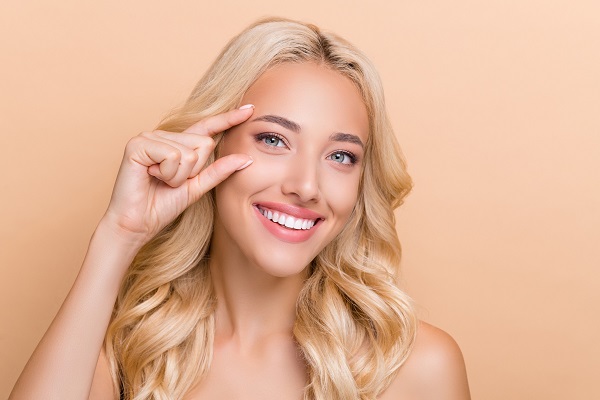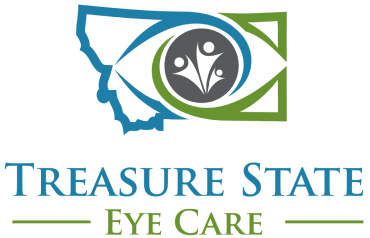For Your Eyes Only Your Peepers Require Good Hygiene
Ocular hygiene
Most people brush their teeth everyday without even thinking about it, but did you know your eyes also need cleaning and hygiene? Your eyes are surrounded by eyelashes and eyebrows to help keep debris out of your eyes. They keep your eyes safe but they can also collect a lot. Allergens, dust, dirt & oils all can collect in your eyelashes and need to be cleaned away to keep your eyes the most comfortable they can be. Doing a quick cleansing with an ocular cleanser morning and night can actually greatly improve dry eye and allergy symptoms. There are a variety of cleansers out there, but the majority are a type of foaming cleanser that can be used like any other soap, just around your eyes. Some options are We Love Eyes foaming cleanser, Sterilid, Ocusoft, and Zocular. Another option is a hypochlorous acid spray, such as We Love Eyes brand, Avenova, or Optase. This is a really convenient option because water is not needed and it is also really nice to use with kids, to dissolve the crusts that can form around their eyes throughout the day and during the night. Hypochlorous spray also kills many types of bacteria & viruses, including Covid-19, so it can help ward off eye infections. This is also helpful for contact lens wearers before inserting their contact lenses.
These are basic ocular hygiene practices, but in a lot of cases, the bacterial load on the lids and lashes can become overgrown and lead to blepharitis. It can be difficult to get this calmed down on your own and maybe require prescription medications, but a lot of eye care offices will offer ocular hygiene services. Similar to having your teeth cleaned, this is an intensive cleaning of the area around your eyes and gives you a fresh start to continue your own hygiene regime at home. This service also cleans off the biofilm that can form at the top of the meibomian glands in your lids. Biofilm if similar to plaque on your teeth and can be difficult to remove on your own. If left on the lids, this can lead to obstructions forming at the top of the meibomian glands, which contributes to less oil in the tear film and worsening dry eye symptoms.
Blepharitis can cause a lot of different types of symptoms, but most commonly, people experience itching, watering and burning. In a specific type of blepharitis, a mite called demodex that lives in the eyelash follice becomes overgrown and can cause a lot of discomfort. If you are experiencing itching on your lids and not your actual eyes, there is a good chance you have demodex. A visit to your eye care professional can help you get you the correct treatment for that annoying itching.
Another type of ocular hygiene is simply blinking. This has become much more of a common problem with all the screen use people do now day after day. During a normal time of day, people blink about 20-25 times per minute. Once you start looking at screens, it goes down to 4-5 times per minute. Not only does this obviously make your tears evaporate more quickly, but it also causes your glands that secrete your tears to not be stimulated and can lead to worse dryness down the road. So, when working on a computer, try to take a break every 20 minutes and look away and take a few big blinks to release the oil on to the surface of your eyes. Blue light protective lenses can also help with this, because they will keep you blinking more regularly as well when working on a screen.
These simple practices added into your routine can help improve how your eyes feel now and also keep them healthy to ward off future dry eye disease.

